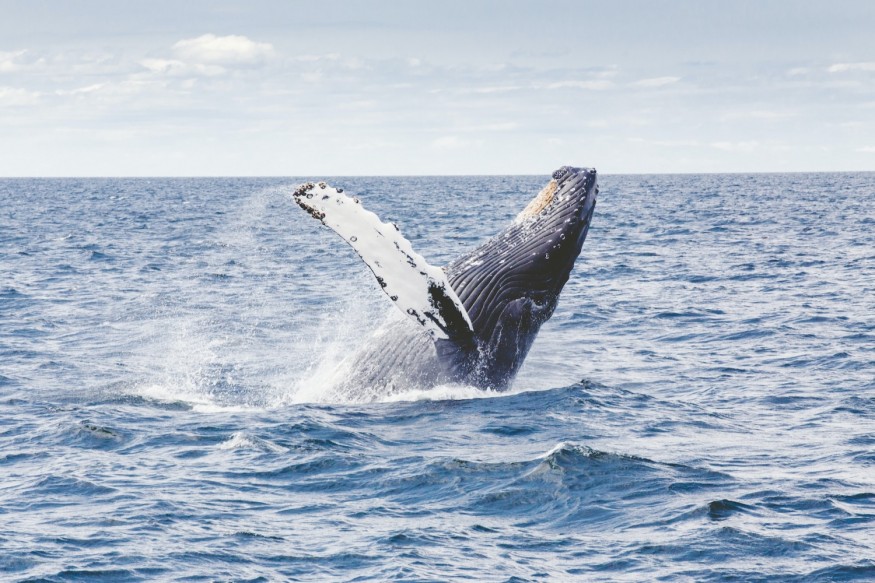A newborn sperm whale calf was euthanized after becoming stranded along a Florida beach, according to reports earlier this week. The calf was discovered stuck on a beach near the town of Marineland on Wednesday, September 27.
While the 12.5-foot baby sperm whale could have been moved back to the ocean, local authorities deemed that its health condition is already deteriorating, which led to the decision to humanely kill the marine animal.
Sperm Whale Calf Euthanized

The sperm whale calf found along the Florida beach in Flagler County on Wednesday needed to be euthanized, according to the National Oceanic and Atmospheric Administration (NOAA). Despite the efforts of beachgoers and authorities, including members of the Florida Fish and Wildlife Conservation (FWC), it has been found that the calf was in extremely poor condition, leading to the decision to euthanize it.
The main cause of the whale stranding remains unclear currently. However, authorities have now retrieved the sea creature's carcass for necropsy in St. Petersburg to determine the cause of death. Meanwhile, the NOAA has launched an investigation into the incident. Earlier this year, an adult killer whale washed up in another beach in Flagler County.
The NOAA described the incident at that time as "extremely rare" since there had been no incident that had occurred before involving an orca getting stranded in Florida or across the Southeast United States coast.
Whale Stranding Incidents
In the US alone, there have been multiple whale stranding incidents across the Atlantic coast of the country, particularly from the states of Maine to Florida since January 2016, according to the NOAA Fisheries. This phenomenon was declared as an "unusual mortality event" back in April 2017, with marine animal fatalities that include humpback whales from 2016.
Between 2016 and 2023, the said US government agency recorded a total of 2019 humpback whale strandings in the following states:
- Maine
- New Hampshire
- Massachusetts
- Rhode Island
- New York
- New Jersey
- Maryland
- Delaware
- Virginia
- North Carolina
- South Carolina
- Georgia
- Florida
Based on partial or full necropsy examinations conducted at approximately 90 whales, around 40% of them show death from human interaction, including ship strike or entanglement, the NOAA Fisheries adds.
Whale Stranding Causes
For years, various animal rights and conservation groups have attributed different human activities as the main cause of whale strandings and other marine animals, including dolphins and porpoises, on different beaches worldwide.
According to the organization Whale and Dolphin Conservation (WDC), thousands of whales, dolphins, and porpoises die on shores across the world every year, both due to natural causes and human activities. As mentioned earlier, ship strikes or vessel collisions are the main reasons for whale strandings.
Furthermore, aside from entanglement from fishing gear, scientists have also theorized that noise pollution coming from artificial structures like offshore wind turbines also contributes to the disturbance or potential death of these marine mammals.
© 2025 NatureWorldNews.com All rights reserved. Do not reproduce without permission.





